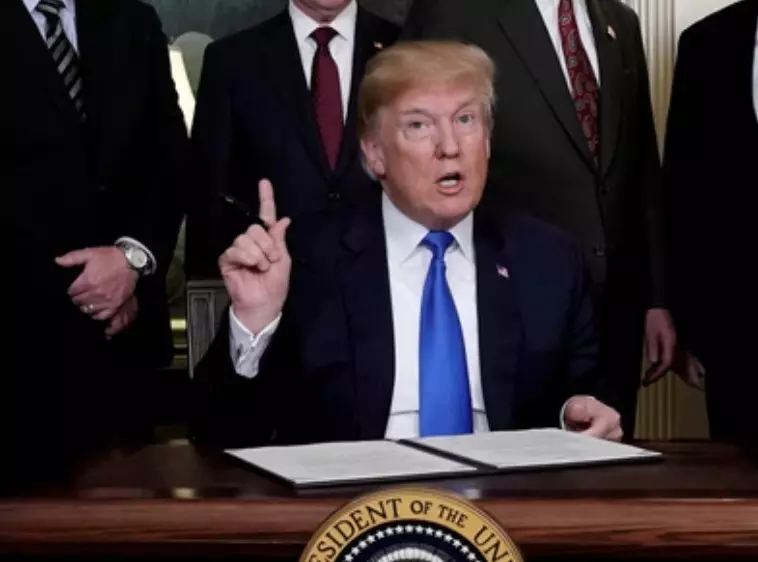Trump plans to end birthright citizenship: What it means for Indian-Americans
Trump plans to end birthright citizenship: What it means for Indian-Americans

Donald Trump has vowed to end birthright citizenship immediately upon taking office, a move that could significantly affect the 4.8 million Indian-Americans living in the US. The former president has repeatedly stated that he intends to make this change a priority, fulfilling a campaign promise aimed at curbing immigration.
What Is Birthright Citizenship?
Under the current law, birthright citizenship grants automatic American citizenship to anyone born on US soil, regardless of their parents' immigration status. This policy, rooted in the 14th Amendment of the US Constitution, has been in place for over 150 years and was initially enacted to ensure citizenship for formerly enslaved people and their descendants.
Trump's Plan to End Birthright Citizenship
In a recent interview, Trump affirmed that he would "absolutely" end birthright citizenship upon assuming office. He argued that the system is being abused, especially by those engaging in "birth tourism," where pregnant women enter the US specifically to give birth and secure US citizenship for their child.
Despite raising the issue during his first term, Trump did not succeed in making significant changes. However, he is determined to act swiftly this time, even though such a move would likely face legal challenges, given the constitutional nature of the policy.
Legal and Political Challenges
The 14th Amendment, ratified in 1868, was designed to grant citizenship to all born in the US, including Black people, following the Civil War. A landmark case in 1898, United States v. Wong Kim Ark, upheld the principle of birthright citizenship, ruling that a child born in the US to Chinese immigrant parents was a citizen. Trump's proposal would face intense legal opposition, with many questioning its constitutionality.
Eric Ruark, from the anti-immigration group NumbersUSA, supports the change, arguing that it would reduce the incentive for illegal immigration. However, critics warn that eliminating birthright citizenship could create a new class of individuals excluded from full political and social rights.
Impact on Immigrants and Indian-Americans
Experts have highlighted that many American citizens could be affected by this change. According to Pew Research, approximately 1.6 million of the 4.8 million Indian-Americans currently residing in the US were born in the country. If birthright citizenship were repealed, these individuals might lose their proof of citizenship, creating uncertainty for millions of families.
In a recent statement, Trump acknowledged the potential for family separations, suggesting that if birthright citizenship were abolished, entire families—parents and US citizen children—could face deportation. Additionally, a 2011 fact sheet from the American Immigration Council noted that repealing birthright citizenship would place a significant administrative burden on the US government and create challenges for US citizens in proving their citizenship.
The future of birthright citizenship remains uncertain, but it is clear that any changes will have profound consequences for millions of families in the US, including many within the Indian-American community.

